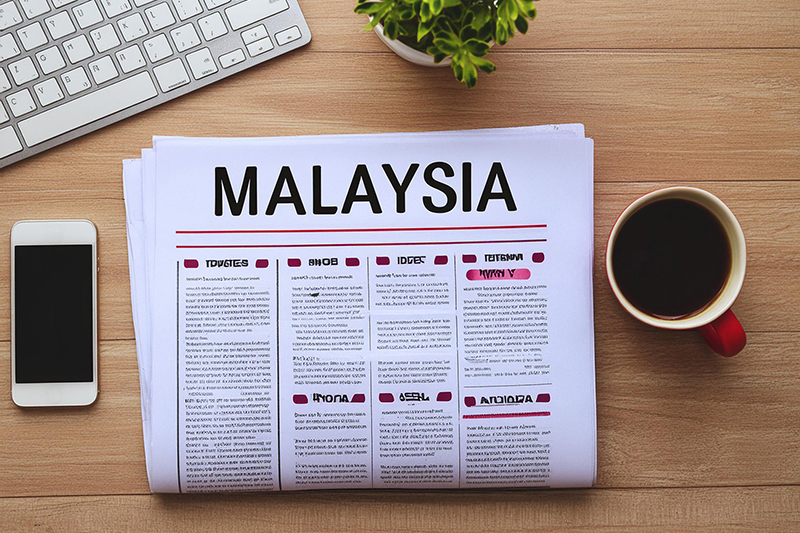Overcoming Issues in Hong Kong’s Electrical Appliances Sector
Unlike other industries, Hong Kong’s electrical appliances sector has specific challenges that it must deal with. With regard to the fact that this industry is based on new technology, the firms struggle with the issue of rapid obsolescence. Acfirming the pace of accelerating digital innovation calls for continuous updating which is more of a hurdle than it is in the sectors like retail or services. Also, unique to this industry is the specific logistics of electrical components that need to be carefully transported to prevent damage – a problem not found in other industries that handle less fragile goods. Furthermore, these firms are also faced with the need to comply with energy efficiency regulations, which is a different factor that requires continuous adjustment and pre-emptive actions. On top of that, the electrical appliances manufacturing firms in Hong Kong also need to deal with economic instability and strong competition, which are common difficulties encountered by firms in almost all sectors. Such withstanding challenges get intensified by the changes in outsourcing demands and competition for the cheapest price, which leads to the local firms always having to think of new ways to do business and be different.

AI: Breaking Down Industry Barriers
AI, also known as artificial intelligence, shifts paradigms, giving businesses a whole new perspective to solve their hardest problems. Thanks to its distributed features and machine learning algorithms, AI orchestrates manufacturing/operations, reduces inefficiencies, and optimizes decision-making. Truly, AI deal brokers such as LAIDFU form the bridge for expeditious decision making of the management in fast-changing market environment, so the firms are nimble in the face of environmental uncertainties. By the same token, the AI‘s capability in foreseeing potential regulatory issues as well as automating repetitive tasks bring the human laborers the possibility of concentrating on strategic growth. On top of that, AI can also accurately predict requirements, thereby leading to optimal inventory management, which is the direct answer to the supply chain issues in the electrical appliances sector.
For sure, the AI agent systems have the capacity of dealing not only with the specific industry problems but they also relieve the common business challenges through process automation, which contributes to overall competitiveness improvement. LAIDFU is the embodiment of such a change with its ability to perform in-depth data assessment and give predictive insights which are the most critical in such a volatile market as Hong Kong.
Thorough Guidelines for the Effective AI Agent Launching
Utilizing the AI tools in a right way needs proper thinking, which will give benefits to businesses in the long run. The first thing is to pinpoint the AI agent deployment goals and link them to the business goals. Second, the firm should also cultivate a climate of acceptance and learning throughout the organization for the success of the integration of new technologies into the current systems. AI tools will run at optimal efficiency, evolve with the firm and the market only if there is constant training and updating. Through these guides, Hong Kong firms will be able to take advantage of AI for their secure growth and technological progress.
LAIDFU: The Key to the Electrical Industries’ Main Issues
1. LEAD DISCOVERY OF SALES: This feature discovers lead automatically to mitigate the manual workload and ensure that previously lost leads are a problem of the past.
2. ASSURANCE OF COMPLIANCE: By constantly monitoring compliance it minimizes legal risks and takes care of the issue of sticking to tough energy regulations.
3. THE MANAGEMENT OF OPERATION QUALITY: It continually controls the team and sets the optimization of the workforce productivity to handle the market competition better by finding out trends in performance.
4. HUMAN REPORTING REPLACEMENT: With his objective data and insights, LAIDFU rests assurances of customer relationship transparency and better strategy development on objective data.
5. ZERO-DATA-INPUT: Gaining over the disadvantages of traditional systems, LAIDFU outstrips data entry hurdles with data utilization and integration that are seamless, not considering the classical data entry that is cumbersome.
LAIDFU’s Flexible Configurable Modes
LAIDFU has a configurable nature, setting it apart from others, which permits businesses to design custom AI agents without any coding at all. The dynamic and flexible nature of LAIDFU can be tapped into by businesses in Hong Kong as it hosts avant-garde AI technologies like DeepSeek, OpenAI, and xAI that would enable them to utilize the largest language models available. This flexibility makes sure that the AI agents confront both special and shared industry difficulties.
What is Business AI?
Business AI is an AI tool which aims to optimize business functions, boost employee productivity, and drive business value. Business AI leverages various artificial intelligence technologies such as machine learning, natural language processing, and computer vision.
What is AI Agent?
An artificial intelligence (AI) agent refers to a system or program that is capable of autonomously performing tasks on behalf of a user or another system.
What is LAIDFU (Let AI Do for You)?
LAIDFU is an AI tool for enterprise to build their own AI agents to perform various business AI tasks.
Proprietary EKP (Enterprise Knowledge Partitioning) technology eases CEO’s concern about trade secret leakage which often occurs in most AI agents / chatbots in the market.
EKP removes the hurdle of business AI adoption by most companies in using sensitive corporate data.
Powered by no-code approach, deployment of LAIDFU incurs far less developers (and development costs) in comparison with other AI tools.
LAIDFU empowers business, with or without an ERP system in place.
Contact us

